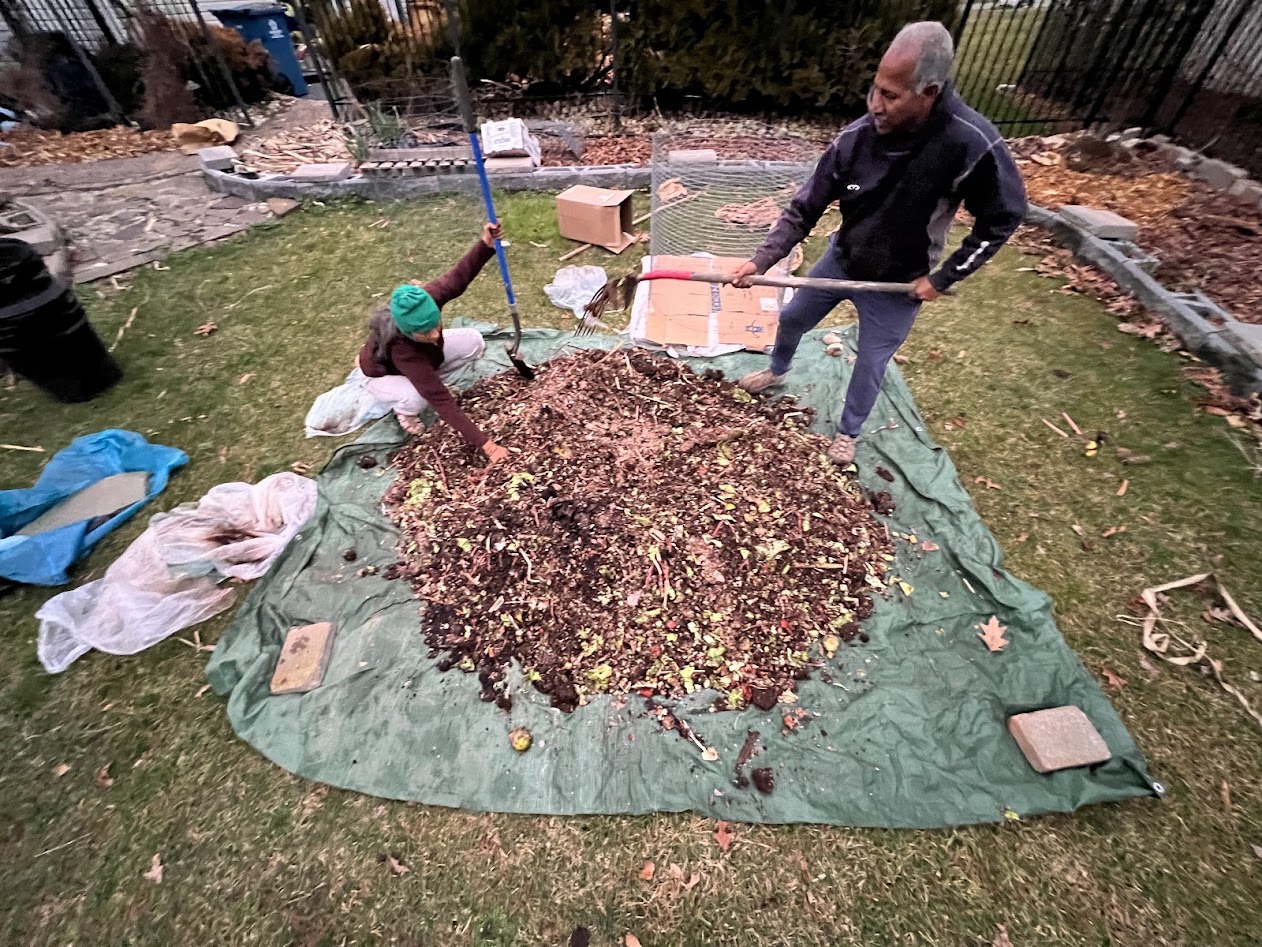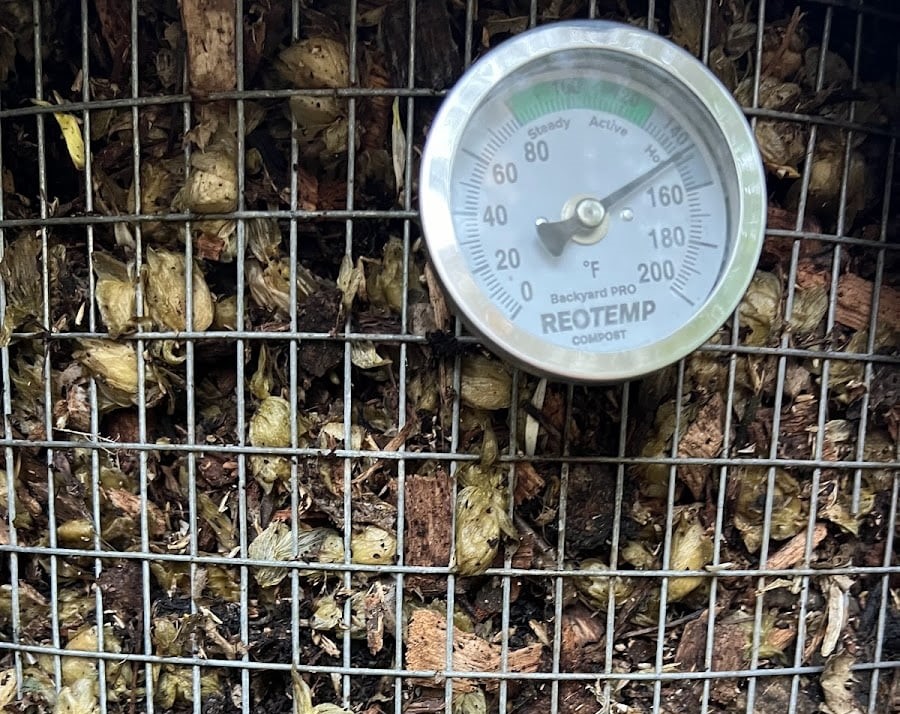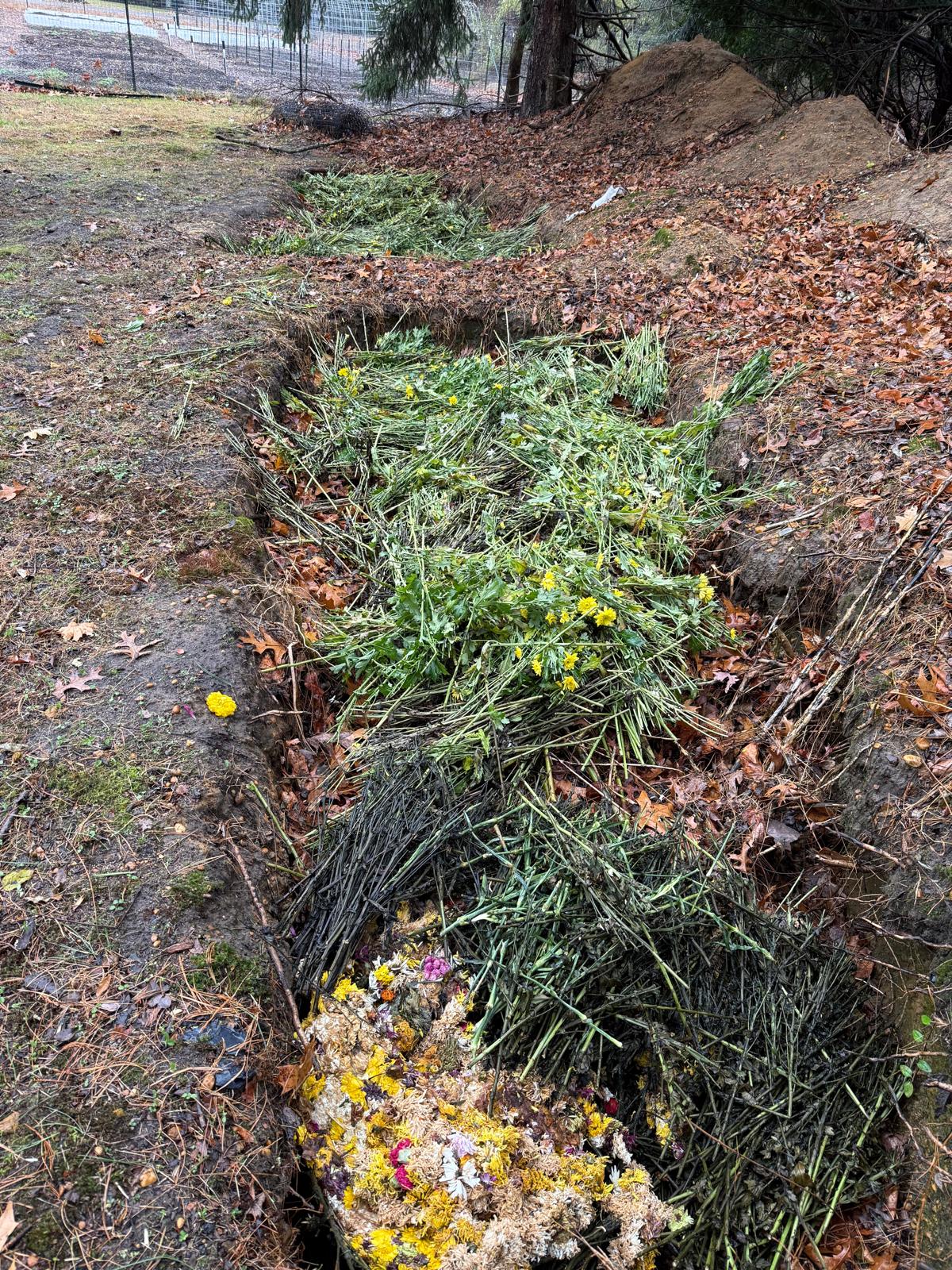Addressing the Root Cause
of Soil Compaction
of Soil Compaction
By targeting the underlying factors of soil compaction, we help restore soil structure, promoting healthier growth and sustainability.
Schedule your free consultation
Restore Soil Health Through
Comprehensive Testing Solutions!
Comprehensive Testing Solutions!
At Pranic Soil LLC, we bring life back to your land. Located in Monroe Township, NJ, we work with farmers, gardeners, and growers across New Jersey. Our services include microbial soil analysis, regenerative consulting, compost tea brewing, and customized amendments based on your local soil biology.
Schedule your free consultation
Protecting Our Planet
Starts with Healthy Soil.
Starts with Healthy Soil.
Nurturing soil health ensures a sustainable future, fostering biodiversity and resilient ecosystems. Together, we can cultivate a greener planet.
Schedule your free consultation
Soil Biology
Bacteria, Fungi, Protozoa and Nematodes are identified based on the morphology. Bacteria will be classified, counted while fungi is measured
Schedule your free consultation
Soil microbiome = Gut microbiome
Each entire body is built from soil and it’ll go back to soil. In other words, we are soil. Diversity in soil means healthy plant and healthy body.
Schedule your free consultation























